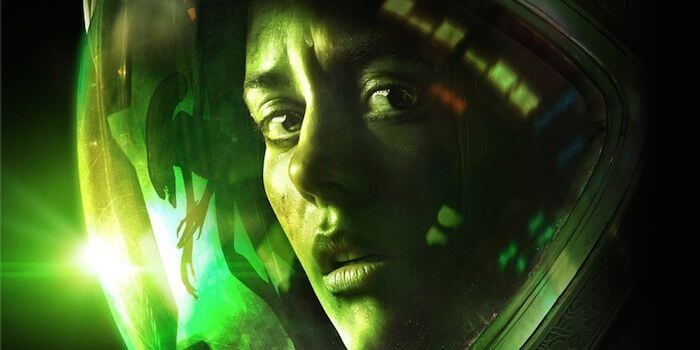Film critic Roger Ebert famously said that video games would never be art, primarily because all games—including sporting matches, board games, and video games—can be won. Some countered, but what about games that don't include rules or points? To that, Mr. Ebert opined that games without rules or a point system were not games at all, but rather another form of expression—like a play or a film. They were something a person experienced, not won.
Ebert wasn't the only one who felt this way. Hideo Kojima, creator of the Metal Gear series, and Tale of Tales founders Michael Samyn and Auriea Harvey agree. The fact that most games are created by teams of people, and rarely reflect the vision of a single artist, is another common reason cited for why games cannot be art. However, can't the same be said of films or stage productions or any number of other collaborative works of art? The idea behind these creations might originate with one person, but the final product is the result of multiple individuals' thoughts and contributions and efforts.
Will video games ever be truly respected as art forms alongside film, literature, or music? Could a video game cutscene ever beat out an animated short for an Oscar? Or win a film award for best screenplay or cinematography? As video game stories and graphics become more sophisticated, the line that separates a game from a piece of film grows blurrier.
Adopting Film Techniques in Video Games
Historically, members of The Academy of Motion Picture Arts and Sciences (commonly known as "The Academy") haven't even considered certain genres of film to be art. But over time, new film styles have broken into the ranks of nominees. For example, The Academy added the "Best Animated Feature" category to the Academy Awards in 2001, recognizing the unique talent and innovation taking place in modern animation. Achievements in cinematography, costume design, sound, and visual effects are also categories recognized by The Academy—and happen to be aspects of video game design as well.
Critics outside the medium may not always recognize video games as art, but we can (and should) celebrate the artistry that goes into modern game-making. Writing, design, and cinematography are growing increasingly important to game developers, and this is becoming ever more apparent to players.
The Last of Us is a great example of a game that's lovingly crafted and incredibly cinematic in feel. It's apparent that great attention and care went into every aspect of development—its story is heart-wrenching, its graphics beautifully rendered, its characters three-dimensional. The level of detail in the cutscenes from The Last of Us is extraordinary, often drawing directly from basic principles of film cinematography. For example, the rule of thirds is used to draw the player's eye in a particular direction, or heighten the tension in a scene.
Even the cast list in modern video games is becoming reminiscent of an A-List film. Oscar-winning and nominated actors such as Kevin Spacey, Christopher Walken, and Ed Harris have appeared in major franchises like Call of Duty, lending serious character cred to these titles.
The Academy has yet to award a game developer a gold statue but, fortunately, video game achievements are being honored and applauded elsewhere these days.
Recognizing Video Game Achievements on a Broader Scale
Modern video games are being nominated for awards more than ever before, at both national and international events. Video games were once recognized alongside film and television at the BAFTAs (British Academy of Film and Television Arts), although they now have a separate video games awards ceremony called the British Academy Video Games Awards. For this year's Video Game BAFTAs, a whopping 51 games are nominated over 17 different categories—nominees include The Last of Us, Alien: Isolation, Destiny, Middle Earth: Shadow of Mordor, and many more.
In 2013, Thatgamecompany's Journey became the first video game soundtrack to be nominated for a Grammy, though it lost to The Girl With the Dragon Tattoo. Dragon Age: Inquisition even received a GLAAD (Gay and Lesbian Alliance Against Defamation) award for its inclusion of gay, lesbian, bisexual, and transgender characters.
[HTML1]
Will More Award Recognition End the Debate on Video Games as Art?
The Last of Us is the most-awarded game to date. It received over 200 "Game of the Year" awards from various publications and is still earning praise for its emotional depth and exploration of the human condition. Maybe we can't prove that The Last of Us and other games are definitive works of art, but maybe we don't have to.
Art is a contentious topic. We could argue for hours about what constitutes a work of art; is it intent, skill, emotion, beauty, or some other abstract concept? Even if critics or the general public never fully recognize video games as art, modern games are clearly moving and impressing people like never before. Bottom line: great art makes you feel something, and today's video game developers, designers, musicians, writers, and actors are definitely hitting that mark for gamers.



